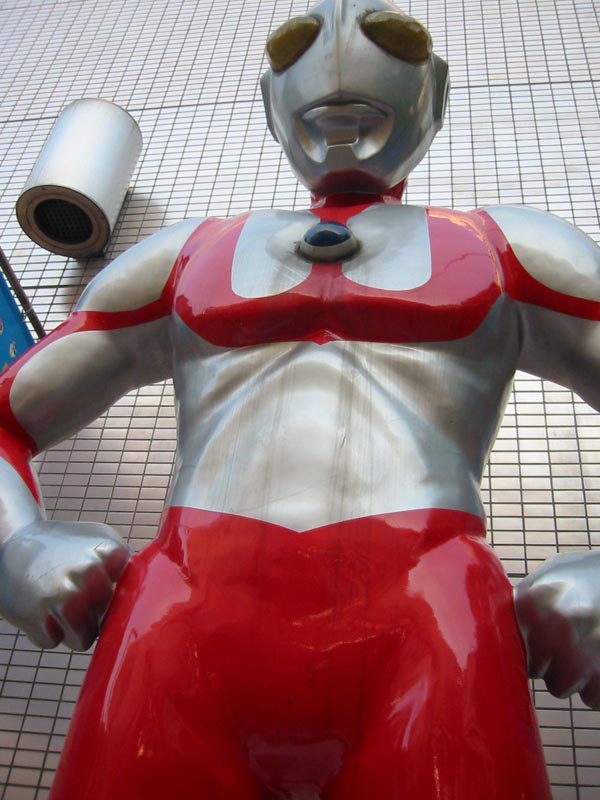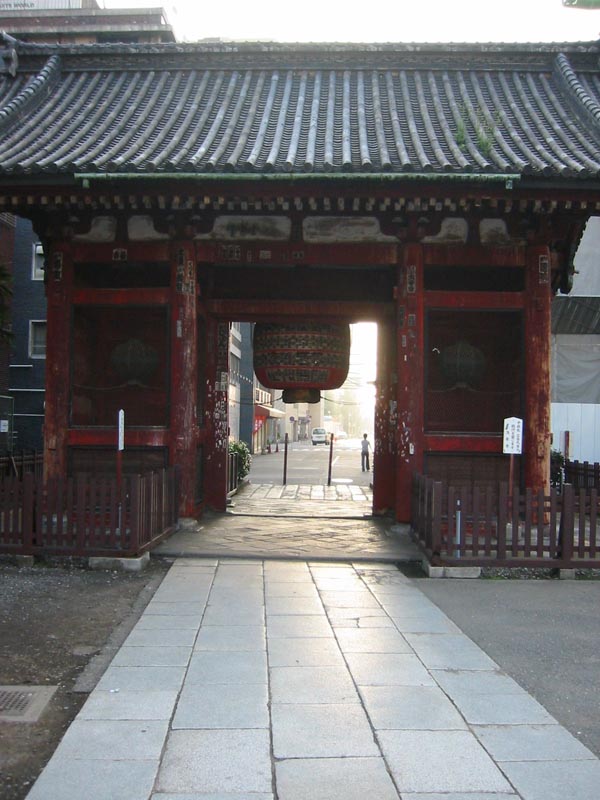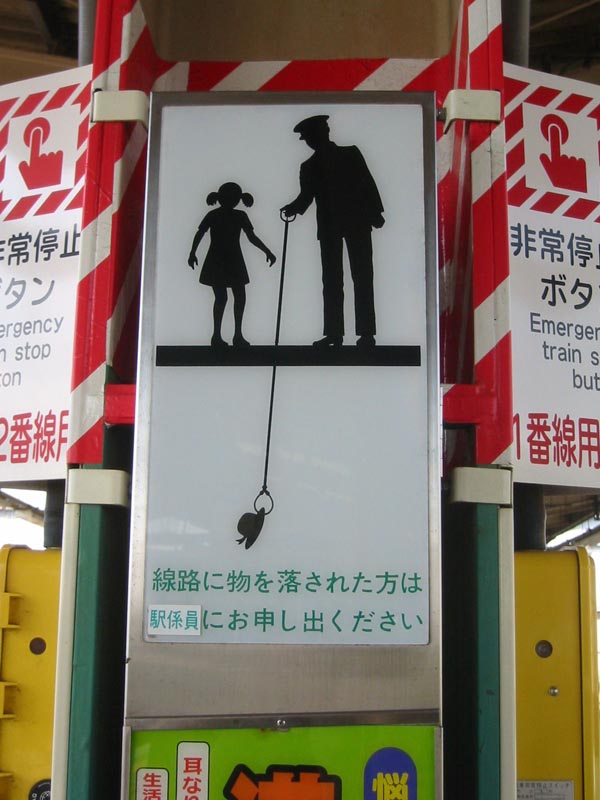If EXP and other RPG elements are so horrible, why do they get implemented in just about every other type of game? From platformers to GTA to fighters to shooters to sports games, there’s no other genre that hasn’t been infected by the RPG virus at least a little, and often a lot. RPGs don’t seem to be dying, as much as growing, in both audience and into other genres. So they must be doing something right, right?
Not necessarily something right, in that it’s ideal for its own sake. It’s simply an easy solution for just about any context. Design problem? Balance issue? Afraid the game will alienate people if it’s too hard? Throw in an experience system, and let the player work it out.
For a topical example, see the discussion on Sigma Star Whatever in the other thread, and the people pissed off that its shooting segments depend on levelling-up rather than on skill. From some accounts, it’s to the point where skill doesn’t really matter, as the game will just throw things at you that you can’t deal with through any means other than leveling up.
Another high-profile example. The only reason there’s an experience system in the Metroidvania games is that Igarashi wants everyone to be able to finish the games, and doesn’t want people put off by the difficulty. This is a design problem with many elegant solutions (see Metal Gear Solid — or hell, Metroid). Experience is the easiest, though. You don’t have to think about it.
It’s kind of a lazy out. Which would be, I’m guessing, the best reason why it’s used so much, in so many games. It’s almost a get-out-of-jail-free card if you don’t know what you’re doing as a designer.
On that note: experience is often used as a way to make the player feel like he’s actually doing something in a framework where he’s not really doing much of anything else. When you win a battle, you feel like you’ve accomplished something because, hey, you just collected 156XP! It’s materialistic in a monetary way, in a system where there is no real ceiling to inflation, therefore no implicit value.
This is even more obvious when you consider that as you progress, the difficulty generally scales to match whatever experience you collect. Some games even cause monsters to level up at the same rate as your characters, meaning there is effectively no point to this game system at all.
And that’s what I think annoys most of us, and sends us looking for alternatives.
Then again: although obsessive-compulsive game design is a plague in a general sense, and you honestly can’t make me care about those last few emblems in Sonic Adventure, not every widget hunt is unfulfilling. It’s all about context.
Similarly, if experience points aren’t an annoying mechanism in, say, Dragon Quest, then maybe that has to do with what they mean both in the context of the game’s objective design and in the psychology of the playing experience.
The question, therefore, is: what’s the difference? Is it in how the EXP are gained? How they’re used? What they represent? What’s the context?
I venture a big factor in Dragon Quest has to do with expanding horizons (on the player’s end), and the part EXP play in the facilitation and regulation thereof.
That is, they are the key objective metric. They therefore have purpose, value, and weight. They have practical representative meaning, even if they remain mere representation.













